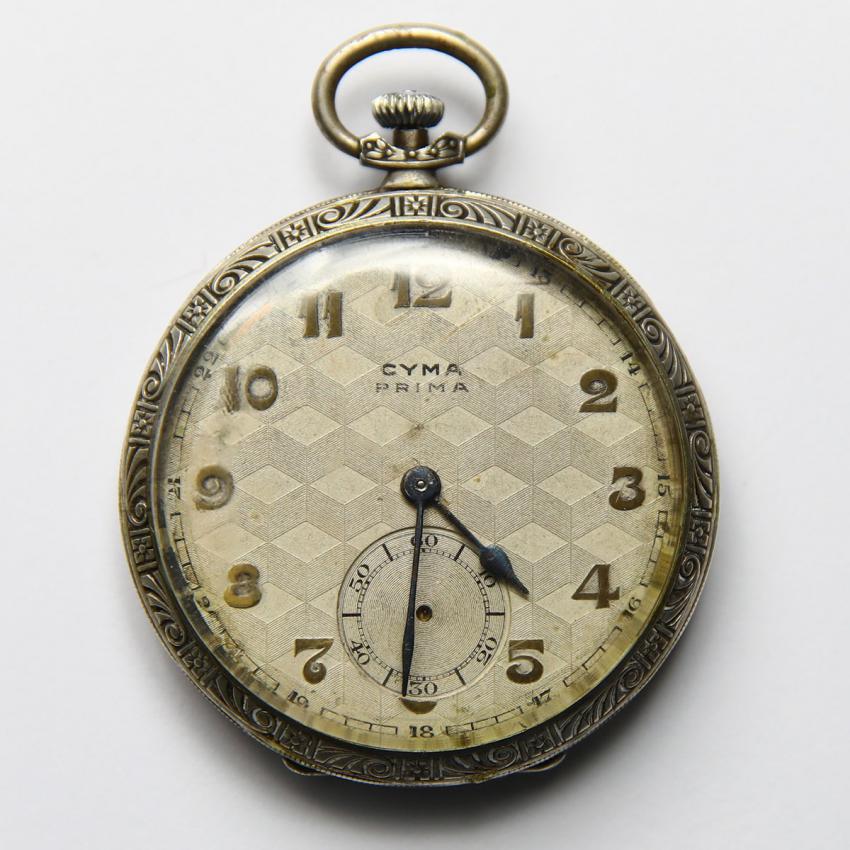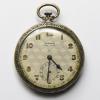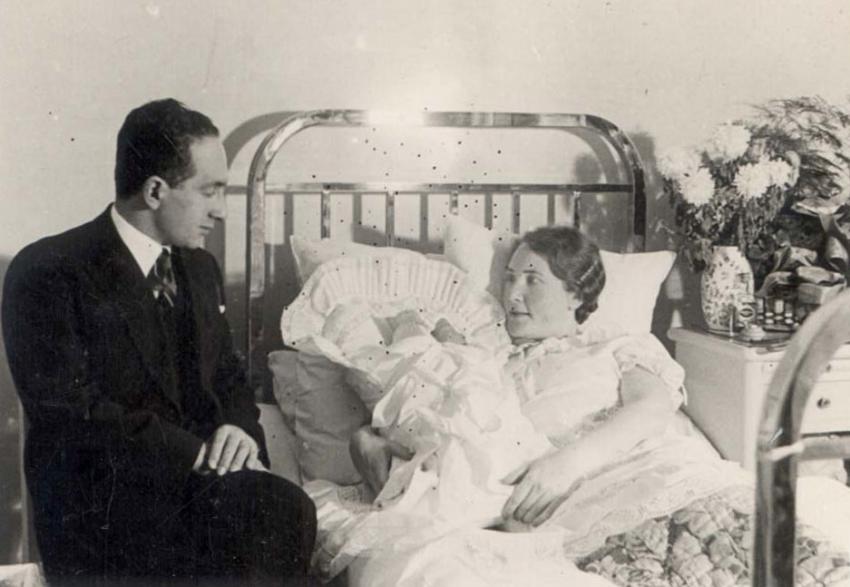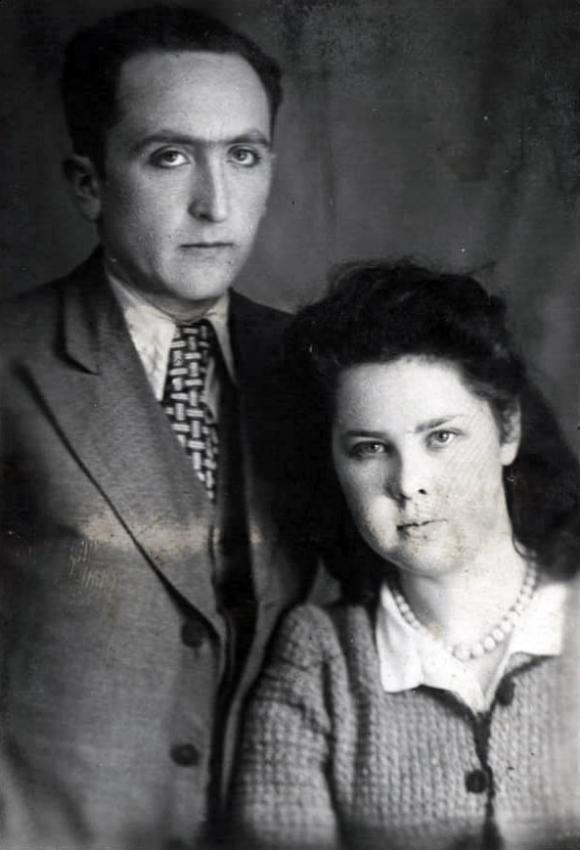In September 1944, with the approach of the Red Army, the Germans decided to liquidate the Klooga labor camp. Their plan was to murder the prisoners and then destroy all evidence of the slaughter. Eighteen-year-old Benjamin and his twenty-two-year-old brother Nisan had only recently arrived at the camp, while their uncle, Dr. Włodzimierz Poczter, had been imprisoned there about a year earlier.
The day after Benjamin and Nisan reached the camp, the Germans assembled the prisoners, ostensibly to go out for work in the forest. The men who were strong enough to carry large logs on their shoulders were chosen to march out first. A short time later, the remaining assembled prisoners heard the sound of gunfire.
Włodzimierz Poczter, who was among those waiting to go out to the forest, understood the fate that awaited him.
"…we saw all the prisoners, two thousand five hundred, sitting cross-legged on the ground with their hands on their heads," related Benjamin Anolik in his testimony. Uncle Poczter stepped out of line and approached my brother with his pocket watch and told him: 'Take the watch, I won't be needing it anymore.' We still have the watch."
The brothers understood what was in store for them too, and managed to slip away and hide in an abandoned building. During the two days that they hid, they heard the constant sound of gunfire until the Red Army forces arrived. After liberation, the bodies of the murdered prisoners were discovered in the forest among the still-burning logs. Approximately two thousand Jewish prisoners were murdered over the two-day liquidation of the Klooga camp. The hasty attempt to liquidate the camp in the face of the rapidly advancing Red Army resulted in the Germans' failure to destroy the evidence of their crimes, and the corpses of the murdered remained on the pile of logs. Among the murdered was Dr. Włodzimierz Poczter. Preserved in his pocket was a photo of himself standing next to his wife and son in the hospital where the baby was born.
The pocket watch that he had given to his nephew a short time before his murder was preserved by Benjamin Anolik as a final memento. It represents the moment in time when the brothers parted with their uncle – the same fateful moment that they decided to escape and save themselves.
Benjamin immigrated to Eretz Israel and became a member of Kibbutz Lohamei Hageta'ot.
Yad Vashem Artifacts Collection
Donated by Benjamin Anolik, Israel; Nisan Anolik, U.S.A.












